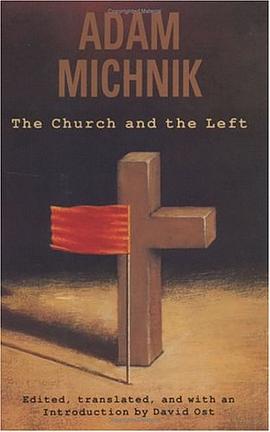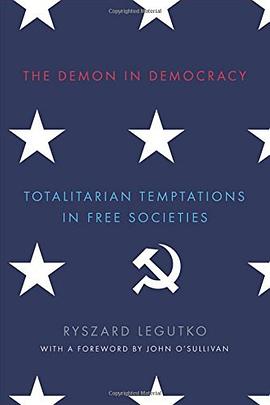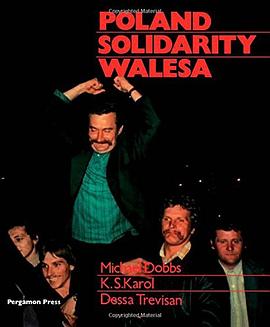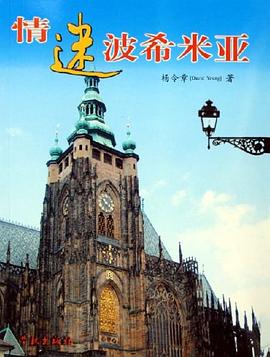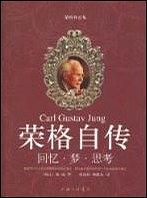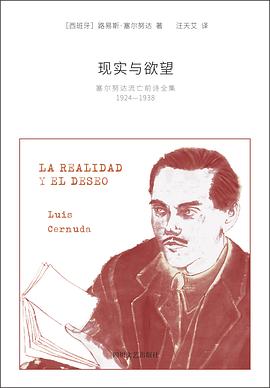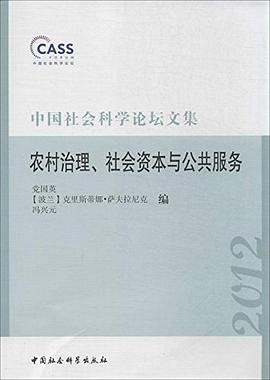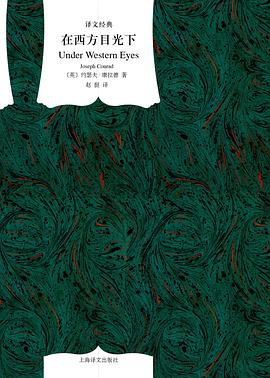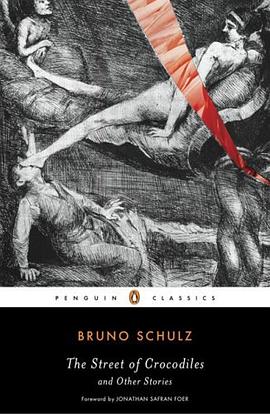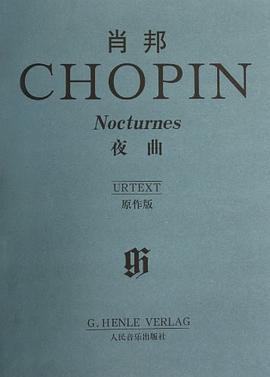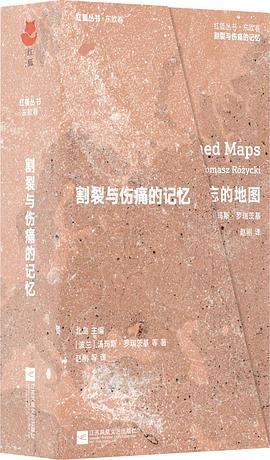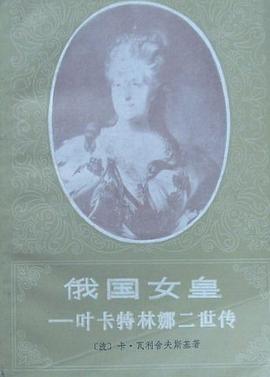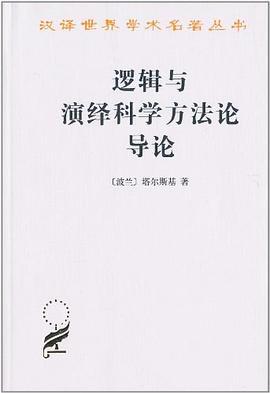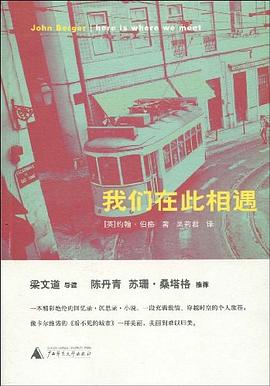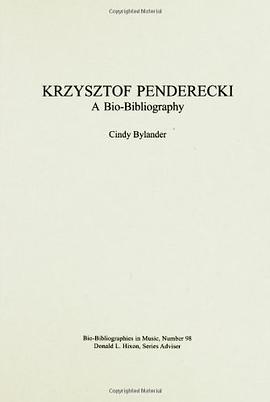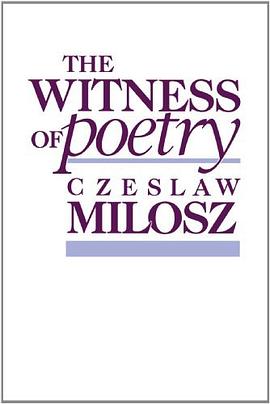

具體描述
Czeslaw Miosz, winner of the 1980 Nobel Prize for Literature, reflects upon poetry's testimony to the events of our tumultuous time. From the special perspectives of "my corner of Europe," a classical and Catholic education, a serious encounter with Marxism, and a life marked by journeys and exiles, Milosz has developed a sensibility at once warm and detached, flooded with specific memory yet never hermetic or provincial. Milosz addresses many of the major problems of contemporary poetry, beginning with the pessimism and negativism prompted by reductionist interpretations of man's animal origins. He examines the tendency of poets since Mallarme to isolate themselves from society, and stresses the need for the poet to make himself part of the great human family. One chapter is devoted to the tension between classicism and realism; Milosz believes poetry should be "a passionate pursuit of the real." In "Ruins and Poetry" he looks at poems constructed from the wreckage of a civilization, specifically that of Poland after the horrors of World War II. Finally, he expresses optimism for the world, based on a hoped-for better understanding of the lessons of modern science, on the emerging recognition of humanity's oneness, and on mankind's growing awareness of its own history.
著者簡介
Czeslaw Milosz was born June 30, 1911 in Seteiniai, Lithuania, as a son of Aleksander Milosz, a civil engineer, and Weronika, née Kunat. He made his high-school and university studies in Wilno, then belonging to Poland. A co-founder of a literary group "Zagary", he made his literary début in 1930, published in the 1930s two volumes of poetry and worked for the Polish Radio. Most of the war time he spent in Warsaw working there for the underground presses.
In the diplomatic service of the People's Poland since 1945, he broke with the government in 1951 and settled in France where he wrote several books in prose. In 1953 he received Prix Littéraire Européen.
In 1960, invited by the University of California, he moved to Berkeley where he has been, since 1961, Professor of Slavic Languages and Literatures.
Presented with an award for poetry translations from the Polish P.E.N. Club in Warsaw in 1974; a Guggenheim Fellow for poetry 1976; received a honorary degree Doctor of Letters from the University of Michigan, Ann Arbor, in 1977; won the Neustadt International Prize for Literature in 1978; received the "Berkeley Citation" (an equivalent of a honorary Ph.D.) in 1978; nominated by the Academic Senate a "Research Lecturer" of 1979/1980.
From Nobel Lectures, Literature 1968-1980, Editor-in-Charge Tore Frängsmyr, Editor Sture Allén, World Scientific Publishing Co., Singapore, 1993
圖書目錄
讀後感
译者序提供了很好的进入和理解本书的视角。就个人来说,第二、三两节比较有启发。 第二节最后提出的问题——非末世论的诗歌(对把分配给某个人类生命的时间与全人类的时间联系起来的一切事物漠不关心的诗歌)是否存在——很值得思考。米沃什矛盾的说“中国古诗似乎是这样的”,...
評分从生物学课(意味着科学世界观的胜利)、诗人与人类大家庭的割裂等角度探讨了二十世纪诗歌具有阴郁、末日式音调的原因,并试图调和自波德莱尔后的现代诗与古典主义之间的争辩关系。 但米沃什也并未对战后现代文明的脆弱而感到绝望(它所呈现的诗歌面貌大多无非是一句碎语或一个...
評分透过不甚完美的翻译,我们依然可以窥见米沃什的愤怒,尽管在我们这个国度这份愤怒被视为极权并加以摒除了,米沃什说的当然不是真理,而是实实在在的大白话,但不幸的是,我们可能甚至再也听不到了。 一 从我的欧洲开始 不管是个人还是人类社会,都在不断地发现只有直接经验才...
評分 評分透过不甚完美的翻译,我们依然可以窥见米沃什的愤怒,尽管在我们这个国度这份愤怒被视为极权并加以摒除了,米沃什说的当然不是真理,而是实实在在的大白话,但不幸的是,我们可能甚至再也听不到了。 一 从我的欧洲开始 不管是个人还是人类社会,都在不断地发现只有直接经验才...
用戶評價
已復印,
评分已復印,
评分已復印,
评分已復印,
评分已復印,
相關圖書
本站所有內容均為互聯網搜索引擎提供的公開搜索信息,本站不存儲任何數據與內容,任何內容與數據均與本站無關,如有需要請聯繫相關搜索引擎包括但不限於百度,google,bing,sogou 等
© 2025 book.quotespace.org All Rights Reserved. 小美書屋 版权所有

